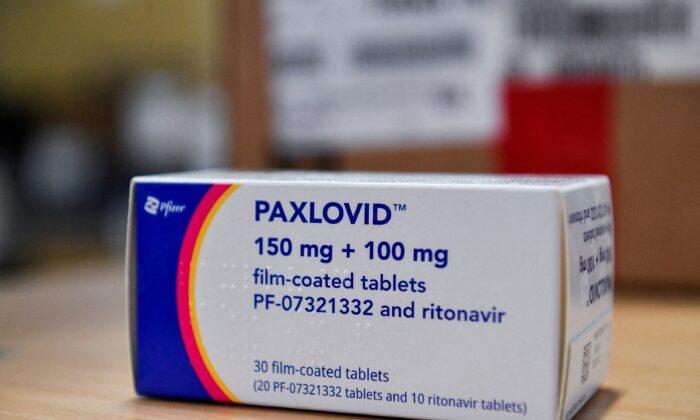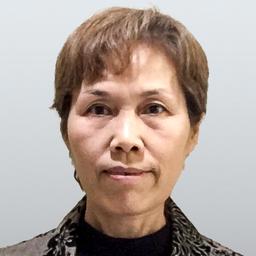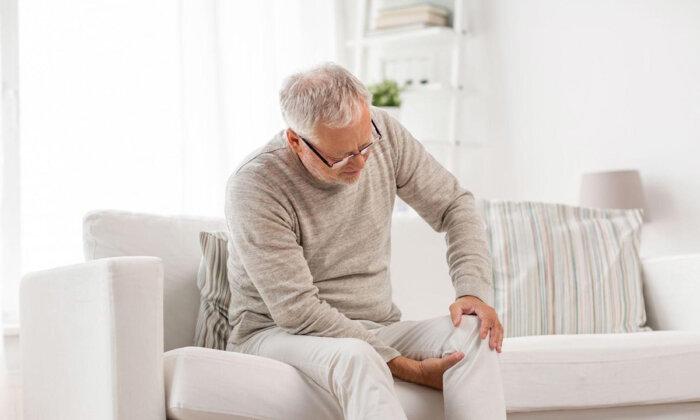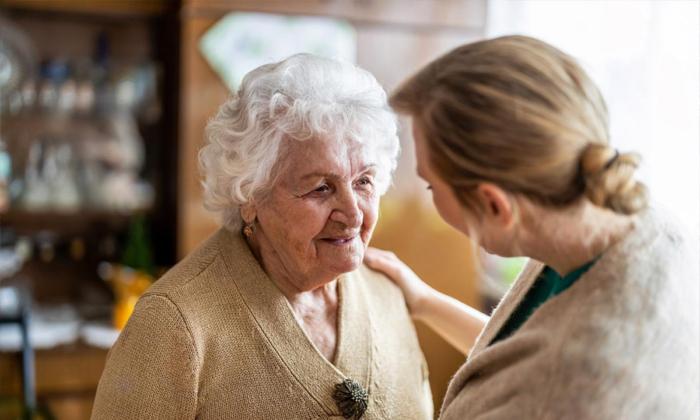Chinese state-owned Meheco Group signed a deal in mid-March with Pfizer to be its mainland China partner for the commercialization of Paxlovid, an oral COVID-19 drug that obtained conditional approval from China’s National Medical Products Administration (NMPA) earlier this year.
In less than a week, the first batch, 20,000 doses of Paxlovid, cleared customs and was shipped to Omicron-hit regions in China.
The company announced via its official WeChat account on March 20 that Paxlovid had arrived at its logistics center in Beijing the day before, and would be quickly delivered to regions hard-hit by the virus under a drug emergency deployment order.
Around midnight March 16, the first batch, 21,200 doses of Paxlovid, arrived in Shanghai by air from Belgium. By March 18, this batch had completed customs clearance.
NMPA granted conditional approval to Paxlovid on Feb. 11 during the Beijing Winter Olympics. A number of Omicron cases had been identified in Beijing and nearby provinces at the time.
On March 15, NMPA officially included Paxlovid in the latest version of the “COVID-19 Diagnosis and Treatment Program”, making Paxlovid the first formally endorsed U.S.-patented oral drug for COVID-19 treatment in China.
The Omicron wave has now spread to at least 28 of 31 provinces in China. On the surface, the Chinese Communist Party (CCP) still claims that it will not give up its zero-COVID policy.

But Zhong Wu, a researcher at the National Emergency Prevention and Control Drug Engineering Technology Research Center, told Chinese state media in late January that he believes that the use of the new oral drug in China “may play an important role in changing China’s existing epidemic prevention and control strategies.”
To some observers, this implies that the endorsement of Paxlovid signals a transitional phase from strict administrative measures to a more tolerant model.
Li Yanming, a political commentator on China affairs who used to be a researcher at the NIH in the United States, told the Epoch Times that the CCP has urgently approved Pfizer’s oral drug as well as allowed the sales of rapid antigen test kits for household use. This is because the pandemic outbreak is getting out of control in some regions, and China’s drug development either has failed or has lagged behind.
The Chinese authorities have had to resort to U.S.-patented drugs to resolve the current crisis, Li said.
In Western countries, along with the application of oral drugs, COVID-19 is now being treated as an epidemic.
Chinese state media quoted Dr. David Kessler, chief science officer for the Biden Administration’s COVID-19 Response, as saying, “An easily administered oral antiviral drug would be an important part of our therapeutic arsenal.”
The U.S. Food and Drug Administration issued an emergency use authorization (EUA) for Paxlovid in treating mild-to-moderate COVID-19 cases on Dec. 22, 2021.
Then, on March 17, Medicines Patent Pool (MPP) announced that it had signed agreements with 35 companies, including five Chinese pharmaceutical companies, to manufacture generic versions of Pfizer’s Paxlovid for distribution in 95 low- and middle-income countries.
As China is not one of these 95 countries, it cannot benefit from the generic versions of drugs produced by the five Chinese companies.

Stocks Soar
Although China cannot enjoy the preferential treatment of MPP’s patented drugs, Chinese pharmaceutical companies related to the sales of Paxlovid and the five companies licensed to produce the generic versions of the drug are favored by the Chinese capital market.China’s COVID-19 treatment-related concept stocks have risen greatly across the board in the past several days, against the backdrop of an overall drastic fall of the Chinese stock market. Among them, China Meheco Group’s stock increased 2.3 fold in 14 days, after going up 11 times within these 14 days.
Listed on the Shanghai Stock Exchange, China Meheco is a holding company under China General Technology (Group) Holding Co. Ltd., one of China’s centrally-administered state-owned enterprises.
In addition, China Pharmaceutical companies Fosun and Apeloa, which were licensed to imitate Paxlovid, both had stock values soar on March 21.





